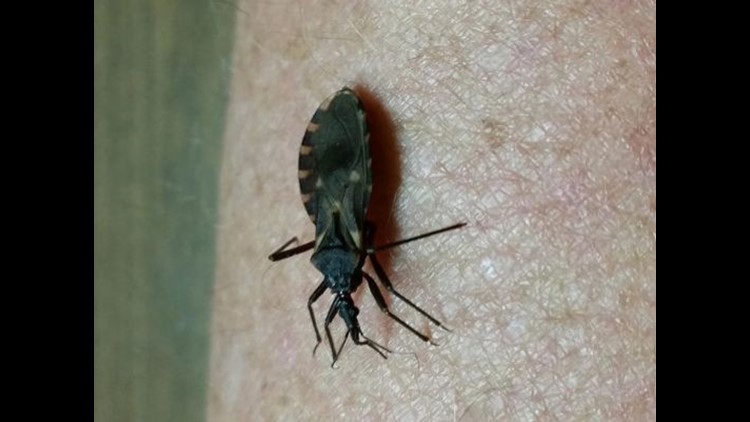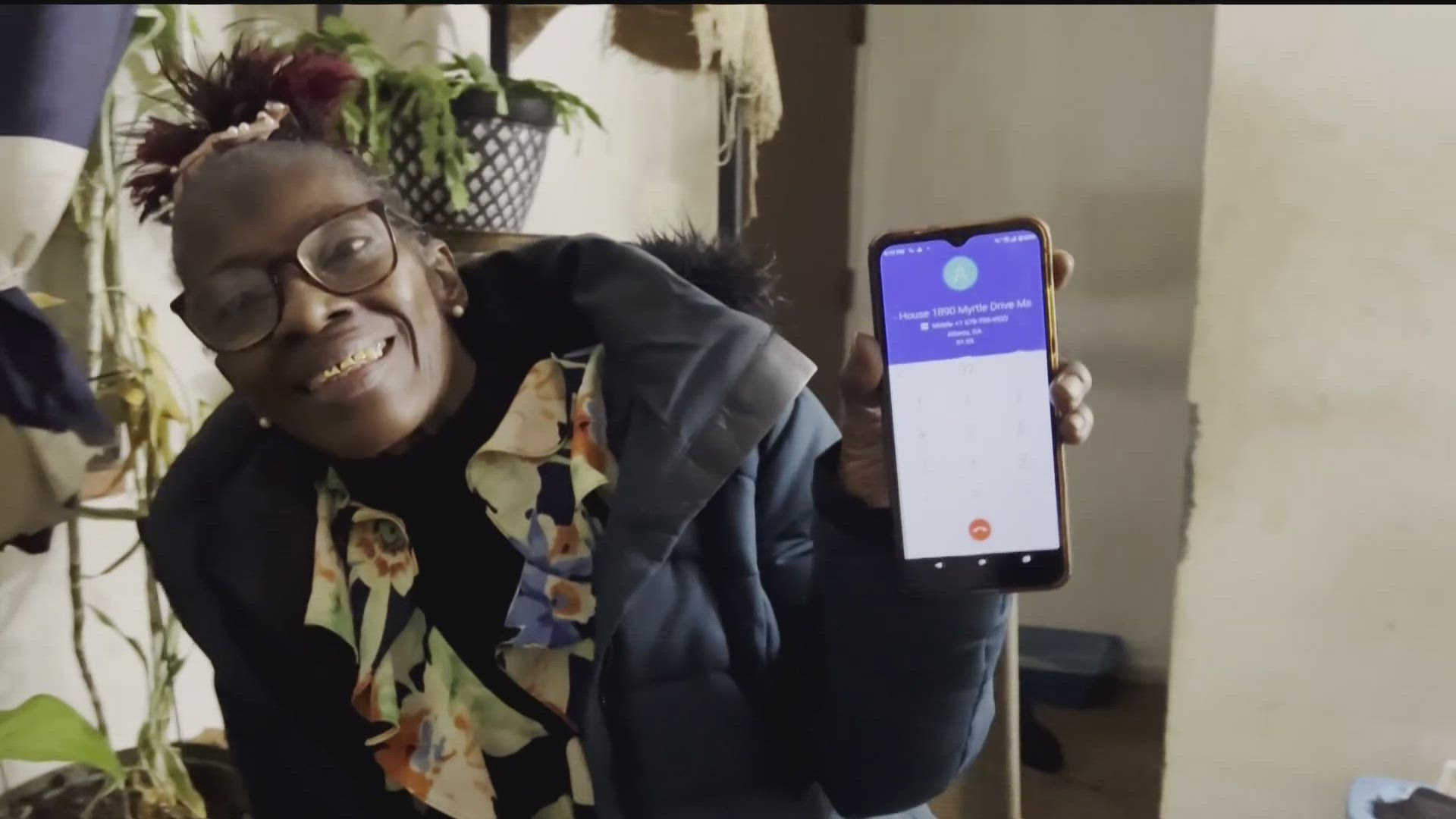ATLANTA – The Centers for Disease Control and Prevention confirms that a bug with a deadly bite has been detected in Georgia.
Triatomine bugs can carry a parasite that causes Chagas disease. They're known as the "kissing bugs" because they tend to be bite around the face and lips. A person can go as long as 20 years before the parasite takes its toll, experts said.
"Chagas disease is an interesting disease because you don't immediately know you have it," said Ron Harris, an entomologist with Orkin Technical Services. "Sometimes you don't have a skin reaction, so you can have this disease -- and many people in the United States may have it and not even know it. But over long periods of time -- and we're not quite completely sure -- some people become more impacted by it. Their organs can be affected, their heart can be affected, even some other organs and therefore cause long-term problems which could lead to death in the end."
PHOTOS: Deadly kissing bug
Although the bug has been spotted in Georgia, experts said it's unlikely you'll find it in your home.
The CDC says these bugs can live in cracks and holes indoors and in outdoor spaces including:
- beneath porches
- Between rocky structures
- Under cement
- In rock, wood, brush piles, or beneath bark
- In rodent nests or animal burrows
- In outdoor dog houses or kennels
- In chicken coops or houses
To keep these bugs away from you home, the CDC suggests:
- Sealing cracks and gaps around windows, walls, roofs, and doors
- Removing wood, brush, and rock piles near your house
- Using screens on doors and windows and repairing any holes or tears
- If possible, making sure yard lights are not close to your house (lights can attract the bugs)
- Sealing holes and cracks leading to the attic, crawl spaces below the house, and to the outside
- Having pets sleep indoors, especially at night
- Keeping your house and any outdoor pet resting areas clean, in addition to periodically checking both areas for the presence of bugs
If you think you've found a triatomine bug, the CDC suggests:
Please do not touch or squash the bug. Place a container on top of the bug, slide the bug inside, and fill it with rubbing alcohol or, if not available, freeze the bug in the container. Then, you may take it to your local extension service, health department, or a university laboratory for species identification. In the event that none of these resources is available in your area, you may contact CDC's Division of Parasitic Diseases and Malaria (parasites@cdc.gov) for species identification or T. cruzi testing.
Other things you might find crawling around:



